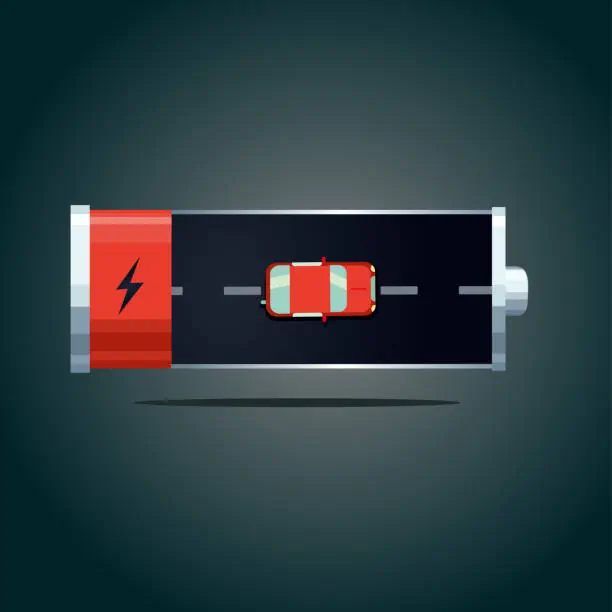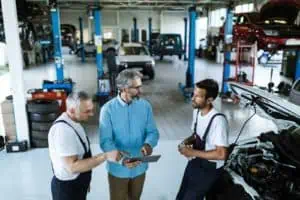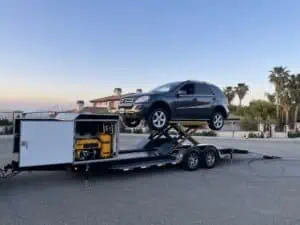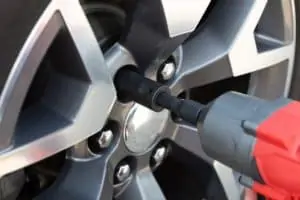EV battery technology holds the key to electric vehicle adoption and successes. But it also provides real problems for current EV owners.
Current automaker EV focus is almost exclusively on technology adoption and new vehicle sales. This emphasis makes sense but has real-world consequences.
Automakers have always designed and implemented technologies that help sell vehicles. Their focus – will the customer:
- Understand the technology?
- Be intimidated by it?
- Find it practical?
- Consider it valuable?
Range Anxiety: Initial Purchase Issue
Consumer fear of being stranded without battery charge is a major barrier to large-scale EV adoption. This so-called “Range Anxiety” has three primary solutions:
- Build more charging stations
- Build batteries that charge quicker
- Build batteries with more range
All of these solutions are currently being pursued, with the intent of getting more main-stream customers to embrace EV technology.
EV Battery Technology: Initial Purchase Issue
Proven
EV battery technology plays an integral role in the performance of EVs and the customer’s willingness to invest in an electric vehicle.
EV batteries work and last a long time, much longer than cell phone batteries. Automakers know this and provide extended warranties to cool another consumer fear – concern over having to prematurely replace their EV battery. Some of these warranties extend for eight years or 100,000 miles.
The net effect of this strategy is to help facilitate new EV sales by mitigating concerns about the single most expensive and important part of an electric vehicle: the battery.
Click here to see Ford’s EV battery warranty information
Tradeoffs
Engineering Advances
While EV battery warranties do address initial purchase concerns, they don’t stop engineers from trying to extend vehicle range.
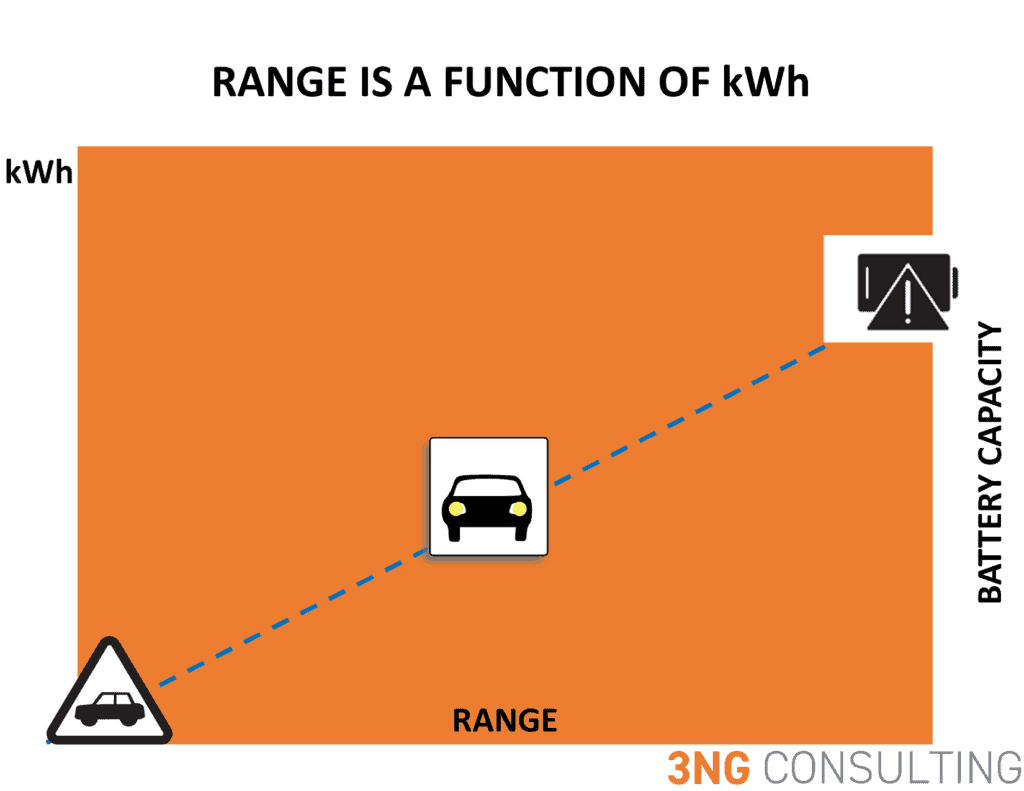
EV battery range is a function of kilowatt-hours (kWhs). As vehicle engineers try to manage Range Anxiety, they focus on two primary issues:
- Extending battery range
- Improving battery charge time
So, the tradeoff that comes with these engineering tweaks is between range and charge time, as well as cost.
Cost
EV batteries remain the single most expensive electric vehicle component. Efforts to extend battery range are keeping battery costs high, even while the price is declining.
EV battery cost is calculated in kWhs. The more kWhs, the more cost. Research shows that the cost of EV batteries fell over 80% from 2010 to 2021. While efforts are being made to develop new battery technologies (Example 1, Example 2) these technologies are still in development and have no commercial viability at this time.
Future Ownership Cycles
EV Vehicle Depreciation
Vehicle depreciation is traditionally bad news for the seller but good news for the buyer. For current EVs, depreciation is bad news for both sellers and buyers.
Vehicle value begins to depreciate long before the new car smell is gone. The average new vehicle is expected to shed almost 60% of its original value by the end of the first five years of ownership.
EVs tend to depreciate even faster than gasoline-powered vehicles. This is because:
- They cost more when new, making the percentage of lost value higher over the first few years
- Their makeup of the used car marketplace is increasing, giving customers greater choice
- Technology enhancements on the new (EV) vehicle side further depreciates used EV vehicle value
EV batteries also serve to depreciate the value of electric vehicles. The battery accounts for almost 30% of total vehicle cost, and it’s value depreciates with each charging cycle. As the vehicle ages beyond the battery warranty period, its value diminishes rapidly, as the EV owner runs a growing risk of having to purchase a new one.
This spells bad news for electric vehicle sellers, as used EV buyers will suffer from “Battery Replacement Anxiety” and “Battery Range Anxiety”. For many buyers, spending a little more on a new or newer EV will make more sense than investing in an older one.
This will depreciate the demand for and the value of older Evs.
EV Battery Availability
Battery availability will also become an issue as new electric vehicle production ramps up.
Production and service batteries come off the same assembly line. This is true for both hybrid and EV batteries. Automakers always give priority to new vehicle production, as they are in the business of building and selling new vehicles.
As EV sale grow and service (battery) demand increases, OEs will be challenged to supply batteries in sufficient quantities to service both markets. While OE’s will try to develop reman programs to boost service supply, core availability will challenge their efforts. This happened with hybrid batteries. Odds are, it will happen with EV batteries, too.
This situation will further erode customer interest in used electric vehicles. It will also, cause dealer issues, as they struggle to build their EV customer base.
Addressing the Problem
Like any problem, the primary solution is to the address its root cause. This means that automakers need to develop battery technologies that are more efficient and cost-effective. Such efforts are already underway, of course, and will persist.
Regarding the secondary solutions, those effecting current EV owners, automakers will have to step in and step up. They will need to develop interim policies specific to current EV owners, and they will need to invest in these solutions. By doing this, they will establish their credibility and generate future sales. Otherwise, they run the risk of alienating a new customer base.
About 3ng Consulting
We are a full-service automotive consulting company. Our team specializes in fixed ops products and fixed ops consulting, as well as Channel Balancing – a process that leverages the strength of dealers, automakers and suppliers to provide a balanced channel that offers the highest possible service.
On the EV side, our team has experience helping launch new EV platforms, as well as developing processes and procedures for reman (Hybrid) battery programs.
Click here for more information on our Automotive Consulting Services, our Dealer Consulting Group and our Mobile Service Consulting Services.
